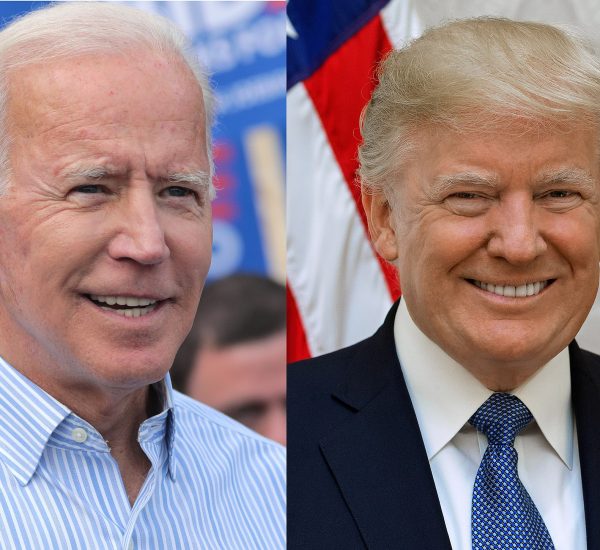BREAKING: Trump Loses Secret Service Protection?
Democrats have vowed to stop Trump but this is simply too far.
House Democrats have proposed a bill aimed at altering Secret Service protection protocols for convicted felons facing prison sentences, with a particular focus on former President Trump, who is currently embroiled in legal proceedings in New York City regarding alleged hush money payments during the 2016 election campaign, among other cases that could result in imprisonment.
Introduced by Rep. Bennie Thompson, D-Miss., the legislation seeks to automatically revoke Secret Service protection for individuals convicted of federal or state felonies carrying a minimum one-year prison term. Termed the “Denying Infinite Security and Government Resources Allocated toward Convicted and Extremely Dishonorable (DISGRACED) Former Protectees Act,” the bill addresses a gap in existing laws regarding the intersection of Secret Service protection and felony convictions.
Thompson explained that the current legal framework fails to anticipate how Secret Service protection might impact the imprisonment of a protectee, especially a former President, necessitating legislative intervention to prevent potential complications in the criminal justice system.
Highlighting Trump’s predicament, a provided “fact sheet” outlines the unprecedented 91 felony charges against him in federal and state courts, prompting the urgent need for congressional action to ensure that Secret Service protection does not impede judicial processes.
The proposed legislation would apply not only to Trump but to all Secret Service protectees convicted of felonies, aiming to streamline security procedures within correctional facilities and uphold the principle of equal treatment under the law.
In addition to addressing concerns about potential conflicts of authority and logistical challenges arising from Secret Service protection, the bill seeks to dispel notions of preferential treatment for high-profile convicts, emphasizing the importance of serving requisite prison sentences without undue interference.
The document accompanying the bill underscores the evolution of Secret Service protection, initially expanded to major party presidential nominees after the assassination of Senator Robert F. Kennedy in 1968, noting exceptions such as the lack of protection for Kennedy’s son during his 2024 independent presidential bid.
Trump’s legal troubles extend beyond the hush money trial, encompassing charges in Georgia related to election interference, as well as upcoming trials in Florida and Washington D.C. Allegations include hoarding classified documents and conspiring to overturn the results of the 2020 election, to which Trump has pleaded not guilty.
Through this legislation, House Democrats aim to address the complexities of Secret Service protection in the context of felony convictions, ensuring the integrity of the criminal justice system and equal application of the law for all individuals, regardless of their former status or political affiliations.







Democrats don’t care about Women they don’t care about any Americans but if you are a illegal they will give you everything.